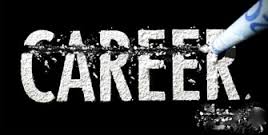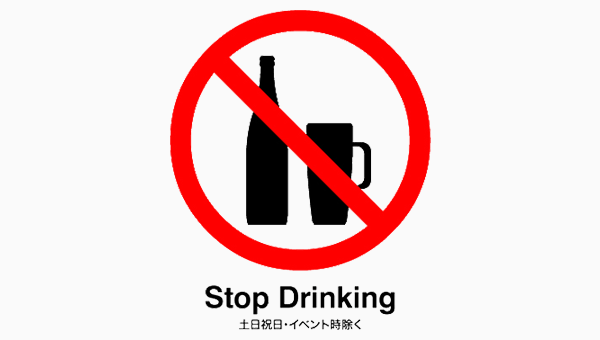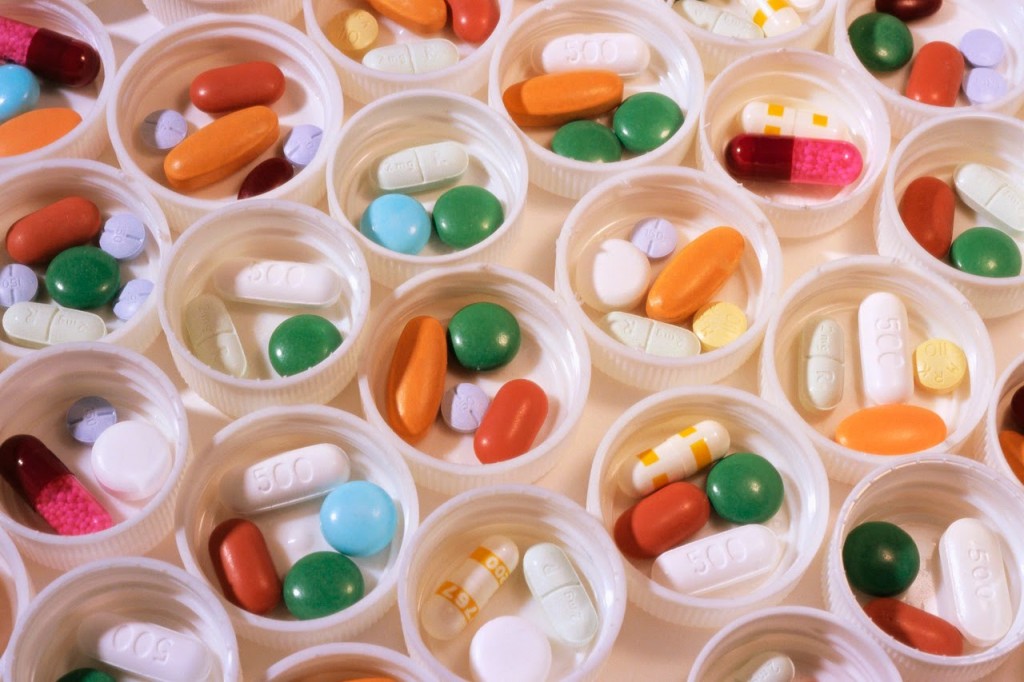Denying the frustrations of drinking problem

Denying the frustrations of drinking problem are common
Denying the frustrations of drinking problem: Alcoholism
Whereas alcohol consumption is not considered an illicit substance in all societies, the frustrations of drinking problems and denial by alcohol consumers is becoming an impediment in the effort of alcohol addiction management. According to the experts from AWAREmed Health and Wellness Resource Center under the able leadership of doctor Dalal Akoury’s care, denial is one of the biggest obstacles when it comes to getting help for alcohol abuse and alcoholism. Professionally it has been established that the desire to drink is so strong that the mind finds many ways to rationalize drinking, even when the consequences are obvious. By keeping you from looking honestly at your behavior and its negative effects, denial also exacerbates alcohol-related problems with work, finances, and relationships. When an addict is in denial, treatment becomes very difficult and that is why before any treatment can be administered, it is always very vital that the patients gets to acknowledge the existence of the problem and be willing to be helped fix the problem. Doctor Akoury is pointing out at certain pointers that allude to the fact that one is in denial as we progressed into the discussion as follows:
Denying the frustrations of drinking problem: If you have a drinking problem you may deny it by
- Extremely underestimating how much you drink
- Downplaying and underrating the negative consequences of your drinking to your health and that of your loved ones
- Complaining that family and friends are exaggerating the problem
- Blaming your drinking or drinking-related problems on others
When it comes to denial, users will always have a host of reason to validate their position of drinking. But will this change the facts about their drinking habits? Certainly not and just take a close look around you and you will notice that our surrounding offers a lot more elements to pass the blame on. It will not surprise you to have an addicted alcoholic refusing to acknowledge the fact that they have a problem by blaming it on their ‘unfair and un-accommodative boss’ for trouble at work or the married men passing it on their ‘nagging wife’ for your marital issues. These are common grounds for denial says doctor Dalal Akoury.
Instead of them looking at the real problem which is their drinking habit as a contributing factor to the problem, they would rather lean on someone or something. Doctor Akoury is confirming that while elements like work environment, relationship, and financial stresses do happen to everyone, an overall pattern of deterioration and blaming others may be a sign of serious trouble and should not be overlooked. Therefore if you find yourself rationalizing your drinking habits, lying about them, or refusing to discuss the subject, it is very important that you take a moment to consider why you’re being so defensive. Remember that if you truly believe that you don’t have a problem, there should be no reason for you to cover up your drinking or make excuses says doctor Akoury. However if you do have a problem, then wait no time and schedule for an appointment with doctor Akoury now for help.
Denying the frustrations of drinking problem: Alcoholism
http://www.awaremednetwork.com/








